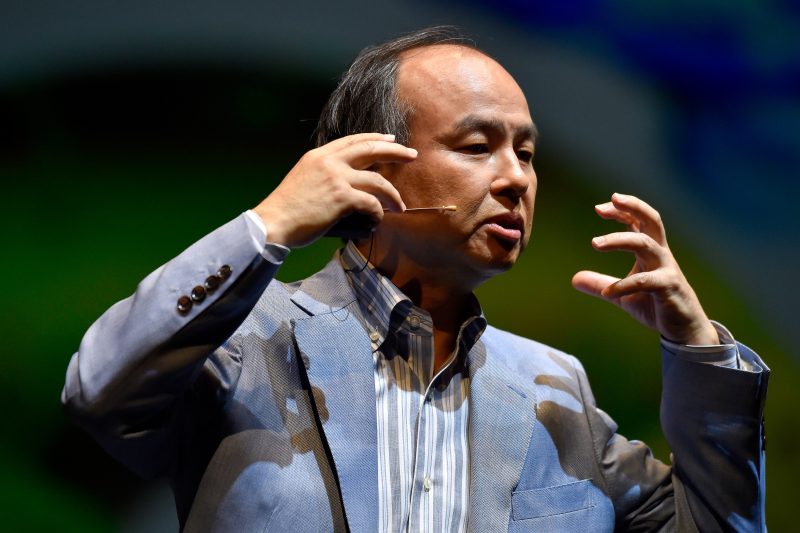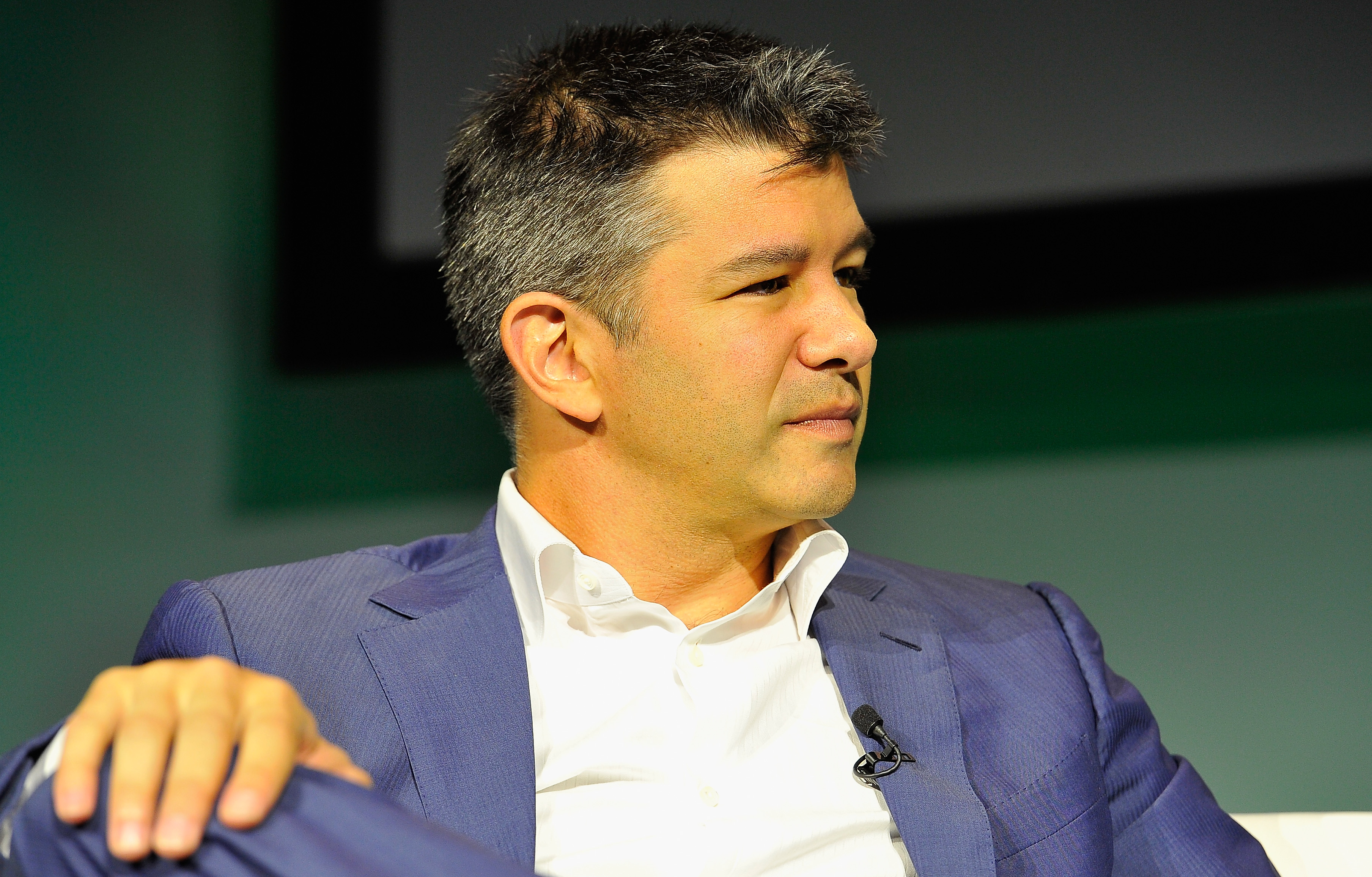Uber’s board of directors struck a grand bargain on Tuesday, settling a fractious internal battle that has hamstrung the ride-hailing company for months and paving the way to a giant initial public offering in two years.
The board also agreed to move forward with a multibillion-dollar deal to give Japan’s Softbank as much as a 17% stake in Uber, the world’s most valuable privately held tech startup.
Here are the changes approved by Uber’s board, which will take effect after the Softbank deal closes, according to a person familiar with the matter:
- The special supervoting shares that concentrated power in the hands of cofounder Travis Kalanick and other insiders will be annulled. Instead, all shares in Uber will have one vote. The board of directors has been expanded to 17 members, up sharply from 11. The company has committed to go public by 2019. Any new CEO must have two-thirds support of the board vote until after the IPO.
Uber’s board agreed to the changes after meeting for several hours on Tuesday afternoon.
And Benchmark Capital, an early Uber investor that had sued Kalanick, has agreed to drop the litigation once the Softbank deal closes, the person familiar with the matter said.
The deal appears to significantly curtail Kalanick's power, a somewhat surprising outcome after various moves and statements by the Uber cofounder that seemed to suggest he was spoiling for a fight.
Kalanick built Uber into a $69 billion ride-hailing behemoth, but he was ousted as CEO in June amid a series of controversies and scandals relating to the company's practices and internal culture. In August, Uber appointed Dara Khosrowshahi, the CEO of Expedia, to replace Kalanick in the top job.
Kalanick struck a conciliatory note in a statement to Business Insider on Tuesday:
"Today the Board came together collaboratively and took a major step forward in Uber's journey to becoming a world class public company. We approved moving forward with the Softbank transaction and reached unanimous agreement on a new governance framework that will serve Uber well. Under Dara's leadership and with strong guidance from the Board, we should expect great things ahead for Uber."
Softbank investment

Uber will receive $1 billion to $1.25 billion in direct funding in the deal with Softbank and Dragoneer Investment Group. That investment will value Uber at its current private-market valuation, $69 billion.
Softbank and Dragoneer will also acquire a stake of 14% to 17% in Uber by buying shares from existing investors through a tender off, the person familiar with the matter told Business Insider. Those shares will be sold by several of Uber's existing private investors at a valuation that could not immediately be learned.
The direct-funding portion of the deal with Softbank preserves Uber's hefty market value, following reports that nearly a year of problems at the company had begun to erode its valuation.
Uber, which generated roughly $1.75 billion in net revenue in the first three months of the year, has emerged as one of the world's fastest-growing ride-hailing services thanks to its fleet of contract drivers and an easy-to-use app that consumers increasingly prefer to traditional taxis.
Though Uber lost $3 billion last year and continues to lose money, the company is one of the most closely watched IPO candidates. An offering, which Uber now says will happen by 2019, could be one of the largest ever.
Not everyone is happy
Just a few days before Tuesday's board meeting, Kalanick surprised the company by appointing two new directors to Uber's board. Kalanick controls three board seats, including his own.
Kalanick's control of the board seats, as well as the supervoting shares that give him and other early investors more votes than others, have been challenged by Benchmark, one of Uber's other large investors. Benchmark did not immediately return a request for comment.

But at least one major Uber shareholder was not happy with the changes. The venture capitalist Shervin Pishevar said in a statement on Tuesday that he would move forward with a lawsuit seeking class-action status on behalf of shareholders holding the soon-to-be-devalued supervoting shares.
"Todays action by the board was the culmination of a blatant bait and switch, essential robbing loyal employees, including the more than 200 early founding Uber employees and advisors, of their hard earning shareholder rights worth billions in value," Pishevar said in a statement that was tweeted by The New York Times' Mike Isaac.
Pishevar, who has hired the celebrity attorney Mark Geragos to represent him, has been an outspoken critic of Uber throughout the recent drama.
Here the statement Uber sent to Business Insider:
"Today, after welcoming its new directors Ursula Burns and John Thain, the Board voted unanimously to move forward with the proposed investment by SoftBank and with governance changes that would strengthen its independence and ensure equality among all shareholders. SoftBank's interest is an incredible vote of confidence in Uber's business and long-term potential, and we look forward to finalizing the investment in the coming weeks."

